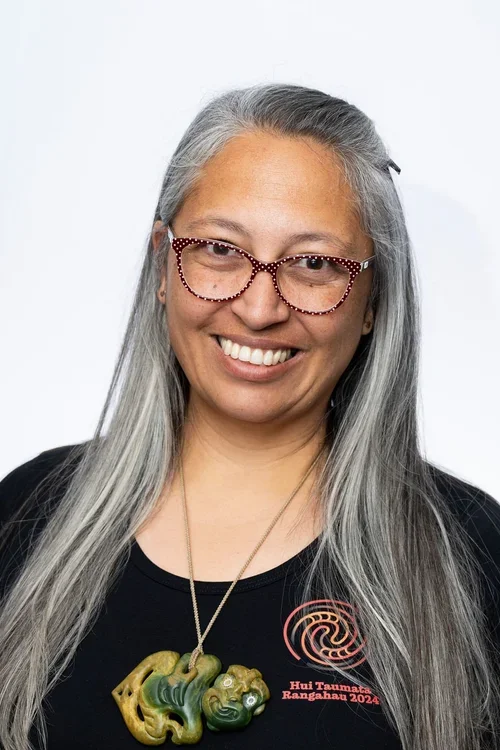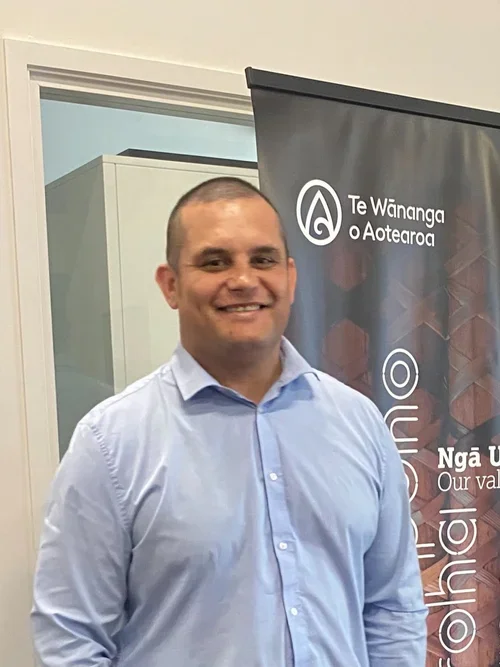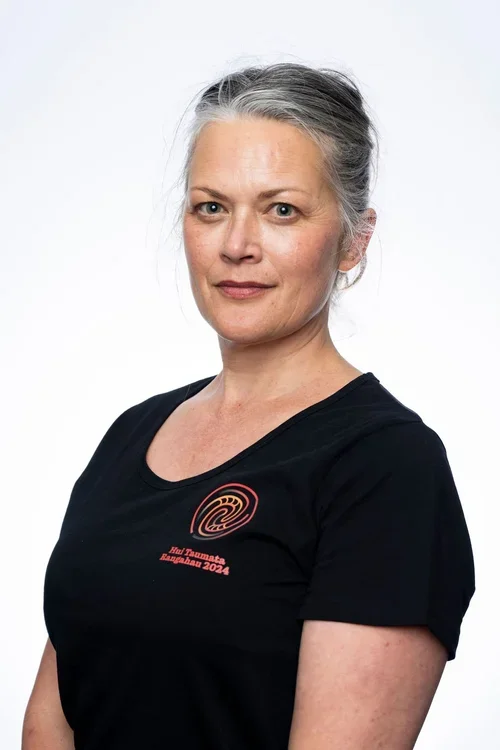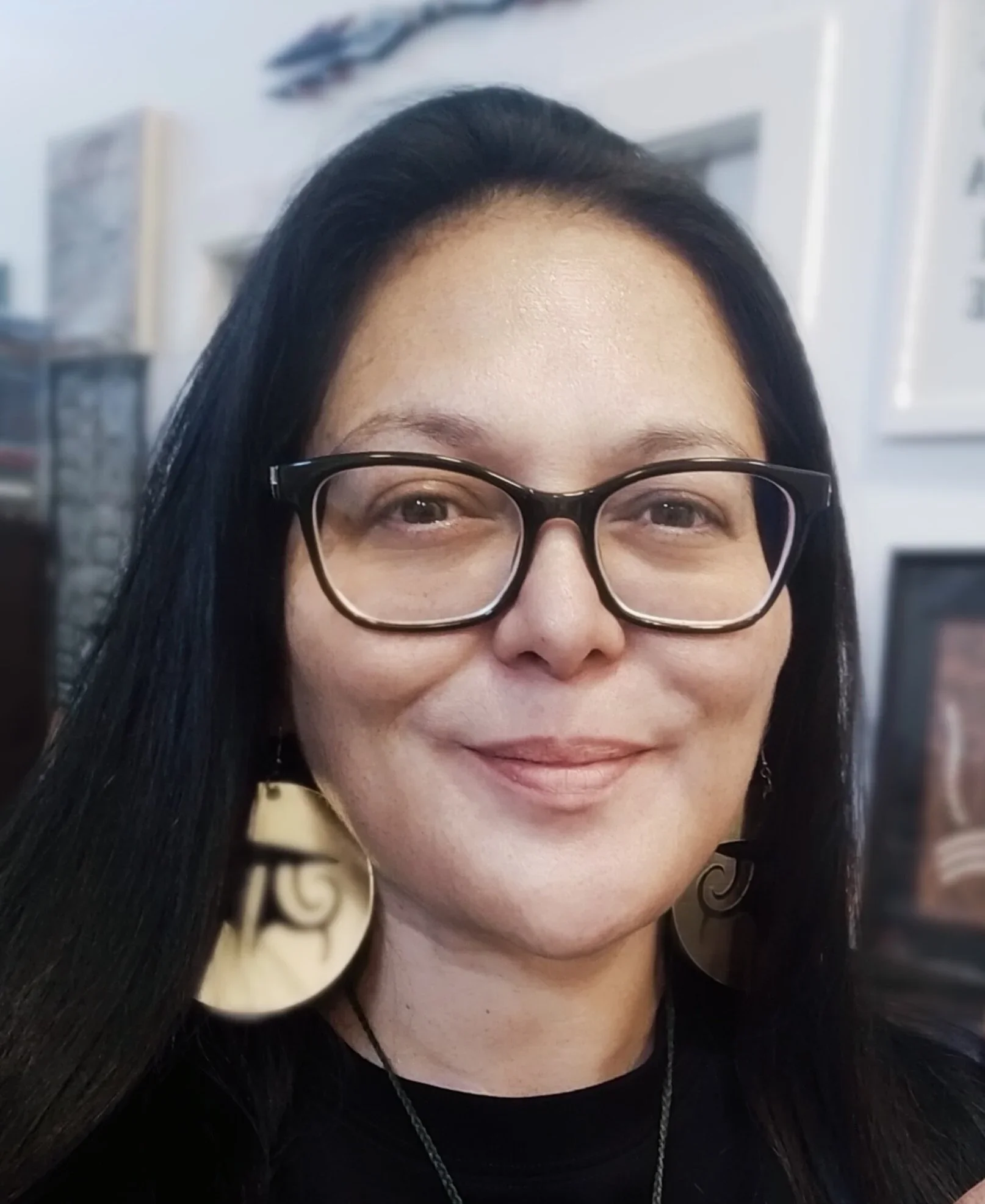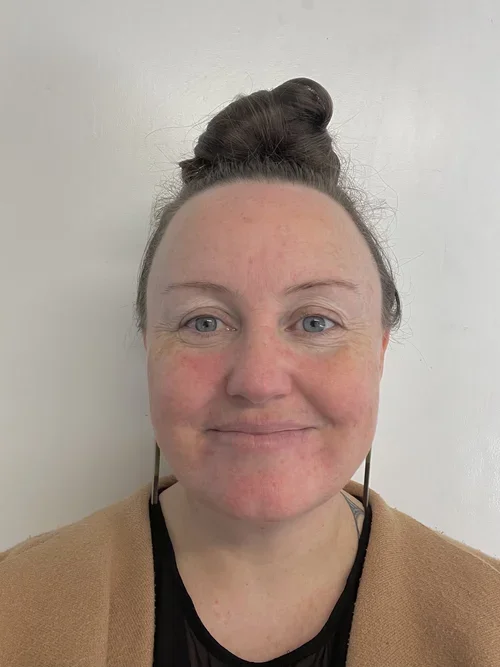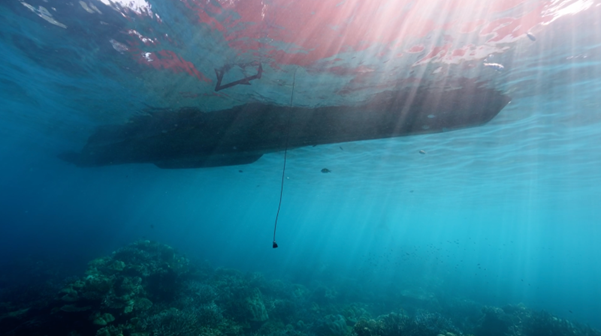
Te Maru o Hine - ConCove Project
Theory of Change - Kaupapa Māori Lens
The Bystander Project is a foundation of ConCOVE’s commitment to supporting women in traditionally male-dominated industries. In this webinar, we will introduce you to our tauiwi and kaupapa Māori research on creating safe workplaces and cultures where all genders can thrive in the construction and infrastructure sectors.
Contributor Profiles
Joni Angeli-Gordon (Ngāpuhi, Ngāti Whātua, Te Roroa)
Joni’s research invites a return to aroha as an intellectual discipline, ancestral intelligence as method, and gentle insistence as a transformative force. She works across kaupapa Māori, Indigenous child development, Māori mindfulness (mauritau), educational psychology, and placefulness - exploring what it means for mokopuna and whānau to thrive in lived, embodied, and intergenerational ways. Joni’s current projects include Tūpuna Parenting, the Āio Pīpī initiative funded by MAS, and the development of a Mauritau Child Development Model. Publishing in both English and te reo Māori, she weaves pūrākau, waiata, and wānanga with academic research, centring aroha as praxis and honouring the intelligences of land, body, and breath.
Tutakangahau Williams (Tūhoe, Ngāti Whakaue, Ngāti Hauiti)
Tu has worked in tertiary education for over two decades, primarily at Te Wānanga o Aotearoa in teaching and management roles across Kawerau, Whakatāne, and Rotorua. Alongside his teaching, he has engaged in rangahau at different points of his career and continues to grow his research practice. His current aspirations include exploring Māori masculinities, Indigenous leadership models, and other kaupapa Māori areas. Tu is passionate about contributing to the development of rangahau that strengthens communities, nurtures leadership, and supports Māori knowledge systems to flourish in contemporary contexts.
Kiri Edge (Ngāti Maniapoto)
Kiri is an experienced researcher whose work spans academic and community contexts. She has contributed to interdisciplinary projects on complex and sensitive issues, often with communities considered ‘hard to reach.’ Her rangahau interests pivot towards Māori wellbeing, equity, social justice, and sustainable community-driven development. Current research includes reclamation of Indigenous pathways to wellbeing, grieving across cultural worlds, and relational and sexual ethics in adult relationships. Passionate about growing rangahau at Te Wānanga o Aotearoa, she supports kaimahi to develop their own projects while advancing kaupapa that contribute to Māori flourishing.
Russell Harrison (Te Rarawa, Ngāti Hine)
Russell’s career reflects a rare balance of artistic creativity, leadership, and cultural impact. Beginning as a celebrated entertainer, he spent many years captivating audiences with his heartfelt performances before moving into broadcasting, where he became a trusted television host for more than a decade. His international profile grew further through his work as a cruise ship entertainer, building cross-cultural connections through storytelling and song.
Russell completed a master’s degree in Māori Indigenous Leadership with distinction and is now pursuing doctoral research on the unsung narratives of Māori fatherhood. His work continues to weave together creativity, scholarship, and cultural responsibility by honouring stories that shape identity and strengthen whānau.
Marama Salsano (Ngāi Tūhoe, Te Aitanga-a-Māhaki, Ngāti Porou, Ngāti Wairere)
Marama is a writer-scholar, editor, multidisciplinary artist, and former high school English teacher. She works within Māori and Indigenous Literary Studies and Toi Māori. Her doctoral research explored Indigenous multigenre and Te Aitanga-a-Māhaki creativity. She co-edited Haumi, a limited-edition e-zine of Te Aitanga-a-Māhaki writing, and the anthology To Feel the Earth as One’s Skin: Indigenous Visual Poetry. Her current creative work spans textile art, visual poetry, and contemporary upoko whakairo paintings, weaving together scholarship and artistry in ways that honour Indigenous expression and creativity.
Griffa Rivers (Pākehā)
Griffa brings over a decade of teaching experience, including nine years in Kura Kaupapa Māori, and a strong commitment to kaupapa Māori education. A dedicated advocate for te reo Māori, Griffa began her reo journey in 2009 and continues to develop her reo while supporting others to learn. Her research interests include how Pākehā navigate the Māori world, particularly in ways that uphold respect, responsibility, and reciprocity. Griffa is committed to lifelong learning and to strengthening connections between rangahau, community, and cultural revitalisation.

